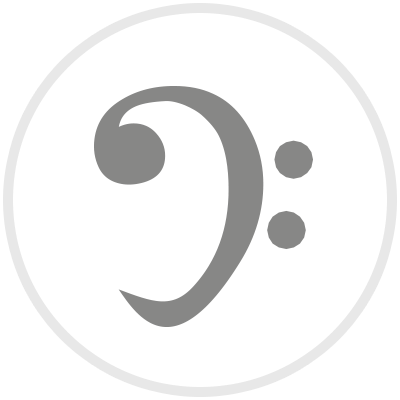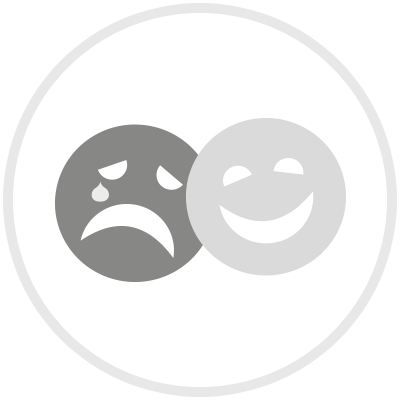foto di A. Ranzi
Certainly! Here is the translation of the Italian text into English:
Dmitry Korchak, a renowned interpreter of bel canto, stars as the protagonist of Jules Massenet's Werther, which returns to the stage at the Comunale Nouveau from Tuesday, November 19 at 8 PM, with performances running until November 24. This production was created by Rosetta Cucchi in 2016 for the Sala Bibiena. Riccardo Frizza, the Music Director of the Donizetti Opera Festival, tackles Massenet's masterpiece for the first time. He will also be conducting Puccini's La fanciulla del West on the Bologna podium in January 2025 for the opening of the opera season. "This opera fascinates me for various reasons," says Frizza, "mainly because, as Massenet noted, 'In the score of Werther, the orchestra symbolically represents the main character.' The 'main character,' the orchestra, is here a formidable amplifier of the characters' emotions, thanks to an unusual use of instrumental techniques. But it is the entire orchestral nuance of Werther that shapes a drama of unmistakable French sensitivity. The tenor's prominence makes Werther 'other' compared to Goethe’s original, coloring his brief existence with passion, beauty, altruism, and nostalgia for a youth tragically lost."
Rosetta Cucchi structurally readapts the staging to respect the characteristics of the Nouveau, visually creating a Cinemascope effect: "I approached this Werther," she says, "in a sort of long take, both from the protagonist's point of view and from that of the narrative development, with a path that is more cinematic than theatrical." However, the sense of the original show, which started from a question, has not changed: "What is Werther's dream?" Cucchi asked herself. "A life with Charlotte composed of small daily gestures. A house that inexorably drifts away, leaving him bare in a nature that dies step by step with him. [...] Werther is the victim of an inverted dream that contains order, rationality, predictability. That's why, from an armchair placed in the foreground during the start of each act, as in a long take, we accompany him in the moments leading up to the suicide. The ultimate gesture that will finally lead him where he desires." The director from Pesaro, who is also the Artistic Director of the Wexford Festival Opera, returns to the Comunale after the film-opera version of Adriana Lecouvreur by Cilea in 2021, which was later staged for audiences.
Alongside Korchak, the mezzo-soprano Annalisa Stroppa plays Charlotte for a double debut: on stage in the role she recently performed in concert form in Dortmund, and at TCBO. Alternating with them in the roles of Werther and Charlotte are Kazuki Yoshida and Aoxue Zhu (on the dates of November 20 and 22). The vocal ensemble is completed by Tommaso Barea as Albert, alternating with Matteo Guerzè (on November 22 and 24), Claudia Ceraulo as Sophie, alternating with Silvia Spessot (on November 20 and 22), and also Alessio Verna (Le Bailli), Xin Zhang (Schmidt), Dario Giorgelè (Johann), Yuri Guerra (Brühlmann), and Giulia Alletto (Kätchen). The Orchestra and the Children’s Choir, prepared by Alhambra Superchi, belong to the Teatro Comunale di Bologna. The sets are managed by Tiziano Santi, the costumes by Claudia Pernigotti (revived by Massimo Carlotto), and the lighting by Daniele Naldi. Presenting partner of the show is Pelliconi.
Completed in 1886 and first staged on February 16, 1892, at the Hofoper in Vienna (now the Wiener Staatsoper) — initially rejected by the Opéra Comique in Paris — Werther is considered Jules Massenet's masterpiece, written after the successes of Manon and Hérodiade. The libretto, by Édouard Blau, Paul Milliet, and Georges Hartmann, is based on Goethe’s famous epistolary novel Die Leiden des jungen Werther (The Sorrows of Young Werther), written in 1774 and deemed symbolic of the romantic movement known as Sturm und Drang that spread across Europe at the end of the 18th century. Massenet knew it through the French translation, which spurred him towards the soft and sweet sounds typical of his mother tongue, in an attempt to achieve a perfect continuity between the melodic line and the French verse. In his memoirs (Mes souvenirs), Massenet recounts his encounter with Goethe's novel: after listening to Parsifal in Bayreuth, he went with his publisher Hartmann to Wetzlar, the city where Werther had lived. "Being right in that house that Goethe had made famous by setting his hero's love there impressed me deeply. Leaving there, Hartmann told me, 'I have something to complete the emotion you are feeling'. And as he said this, he pulled an old book from his pocket. It was the French translation of Goethe's novel... As I held that book in my hands, eager to read it, we entered one of those immense beer halls found everywhere in Germany... I couldn’t tear myself away from this passionate read... So much delirium of passion and ecstasy brought tears to my eyes. What exciting scenes, what gripping pictures could come of it! It was Werther..."
Performances will be preceded — about 45 minutes before starting — by a brief presentation of the opera in the Foyer of the Comunale Nouveau.
Tickets — ranging from 15 to 100 euros — are on sale online through Vivaticket and at the Teatro Comunale's box office, open from Tuesday to Friday from 12 PM to 6 PM, and Saturday from 11 AM to 3 PM (Largo Respighi, 1); on show days at the Comunale Nouveau (Piazza della Costituzione, 4/a) from an hour before and up to 15 minutes after the start.
Info: https://www.tcbo.it/eventi/werther-dal-19-al-24-novembre-al-comunale-nouveau/
Web:
www.tcbo.it/eventi/werther-...


 Classical music
Classical music
 Theatre
Theatre

